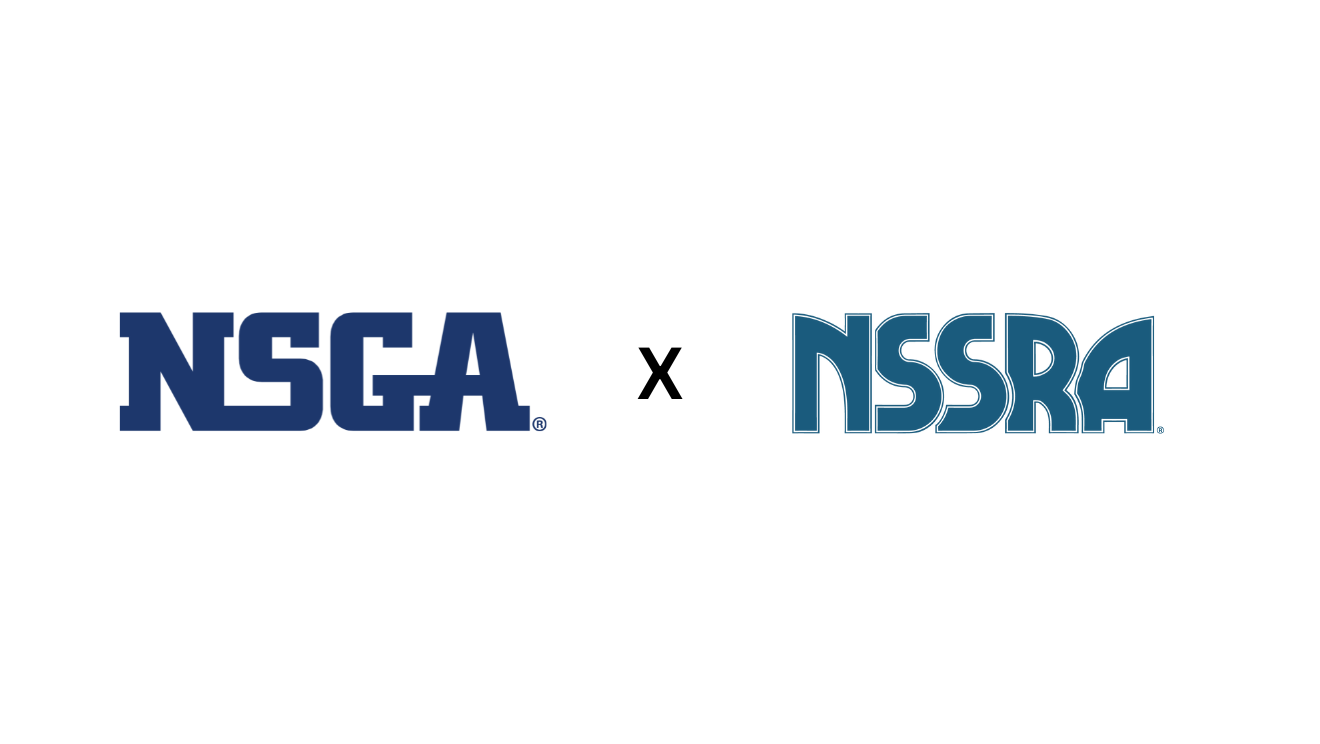DOWNERS GROVE, ILLINOIS (January 12, 2024) – NSGA and NSSRA, members of the Americans for Free Trade Coalition, were signatories to a letter sent to certain members of the House of Representatives Committee on Ways and Means and the Senate Committee on Finance requesting the release of the USTR’s 4-year review of the Section 301 tariffs and requesting an extension of certain exclusions which were to expire on December 31, 2023.
The exclusions were extended until May 31, 2024, providing some relief for American businesses who rely on the exclusions for business operations.
Below is the text of the letter to Senators Ron Wyden and Mike Crapo and Representatives Jason Smith and Richard Neal:
December 20, 2023
RE: China Section 301 Tariffs Four-Year Review and Expiring Product Exclusions
Dear Chairmen Wyden and Smith and Ranking Members Crapo and Neal:
On behalf of the undersigned members of Americans for Free Trade, we are writing to request that Congress exercise its Article I, Section 8 authority over trade matters and urge USTR to immediately conclude and release the results of its four-year statutory review of the Section 301 tariffs. USTR initiated this review on May 3, 2022. USTR has taken over a year-and-a-half to conduct the review, which has exacerbated the uncertainty around the future of the tariffs.
We further urge Congress to demand that USTR provide an immediate extension for the limited China 301 tariff exclusions and COVID exclusions, which are currently set to expire on December 31 – less than 20 days from now.
Our companies and associations joined together to form Americans for Free Trade in 2018. Our coalition represents every part of the U.S. economy including manufacturers, farmers and agribusinesses, retailers, technology companies, powersports, service suppliers, natural gas and oil companies, renewable energy companies, importers, exporters, and other supply chain stakeholders. Collectively, we employ tens of millions of Americans through our vast supply chains.
In the last five years, American importers, including members of our coalition, have paid more than $198 billion in section 301 tariffs on products imported from China. The cost of the tariffs has been borne almost entirely by U.S. businesses and consumers, and their continued imposition harms U.S. competitiveness and contributes to persistent inflation in our economy. At the same time, these harmful taxes have failed to change China’s use of unfair trade practices relating to intellectual property rights, forced technology transfers, and innovation.
As a result, we have repeatedly called for the Administration to find a new path forward to address China’s ongoing unfair trade practices. The tariffs should be strategically realigned to focus on the original intent of the Section 301 investigation, and USTR should seek alternate measures, including working with our allies, to achieve the necessary changes in China’s behavior. But setting aside these views, we know that American importers need certainty with respect to the future of the tariffs, and this requires that USTR conclude its review expeditiously.
In May 2022, USTR initiated the first steps of the four-year review by inviting domestic stakeholders to comment whether they would like the 301 China tariffs to remain in place. Based on that feedback but before inviting broader input from other stakeholders, USTR announced the continuance of the tariffs in September 2022. It was not until the following month that USTR announced that it would open a broader stakeholder comment period in November 2022. We believe USTR’s decision to continue a trade action without seeking broader stakeholder input first is another example of USTR shirking its commitments to
transparency as well as its obligations under the Administrative Procedure Act.
Further, it has been more than a year since USTR opened the public comment period in connection with its four-year review of the 301 tariffs. We recognize that there is no statutorily imposed deadline for USTR to complete its review, but we also believe the current review period – which exceeds USTR’s contemplation of any of the four tariff lists when they were imposed – has been excessive and the lack of clear guidance from USTR regarding the future of the tariffs has resulted in persistent uncertainty for U.S. businesses who plan months, and in some cases years, in advance. Given Congress’s Article I, Section 8 authority over trade, and the Committees’ oversight authority to ensure USTR carries out its duties appropriately, we urge Congress to insist that USTR conclude its review and announce the outcomes without further delay so that American businesses can plan accordingly.
Further, the remaining product exclusions have provided limited relief for some U.S. companies. This relief needs to continue and be extended. In USTR’s September 11th Federal Register notice extending the exclusions until the end of the year, the agency noted that the extension was provided, “To provide a transition period for the expiring exclusions and to allow for further consideration under the four-year review.” Since USTR has yet to issue the results of the four-year review, and it is unclear if USTR will release the report before the end of the year, we urge Congress to insist that USTR announce a determination on the exclusions immediately. The ongoing last-minute announcement of exclusion determinations, now the fourth time, continues to challenge those companies who continue to rely on the relief provided by the exclusions.
Finally, we renew our request that Congress require USTR to establish a more robust, transparent, and fair exclusions process that is open to all products subject to the China 301 tariffs for as long as the tariffs remain in place. As economic uncertainty continues, it is imperative that Congress reclaim its constitutional authority over trade and conduct rigorous oversight over USTR to ensure it is using its tools appropriately to create economic opportunity for all Americans and to ensure that American businesses can compete globally.
Topics
US House of Representatives Ron Wyden Mike Crapo Jason Smith Richard Neal Tariffs Americans for Free Trade China US Senate NSSRA Sporting Goods NSGA




 Back
to News
Back
to News
